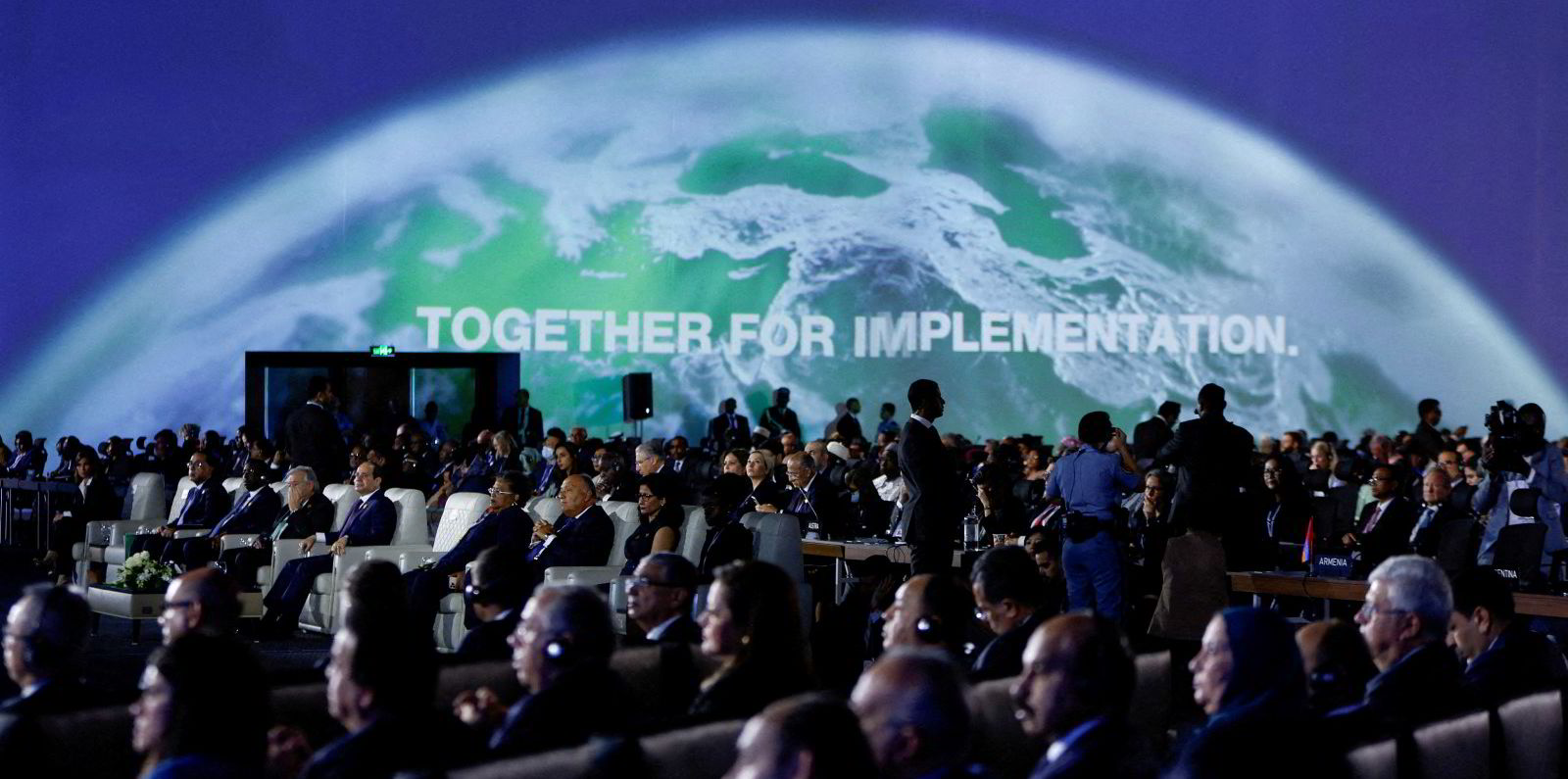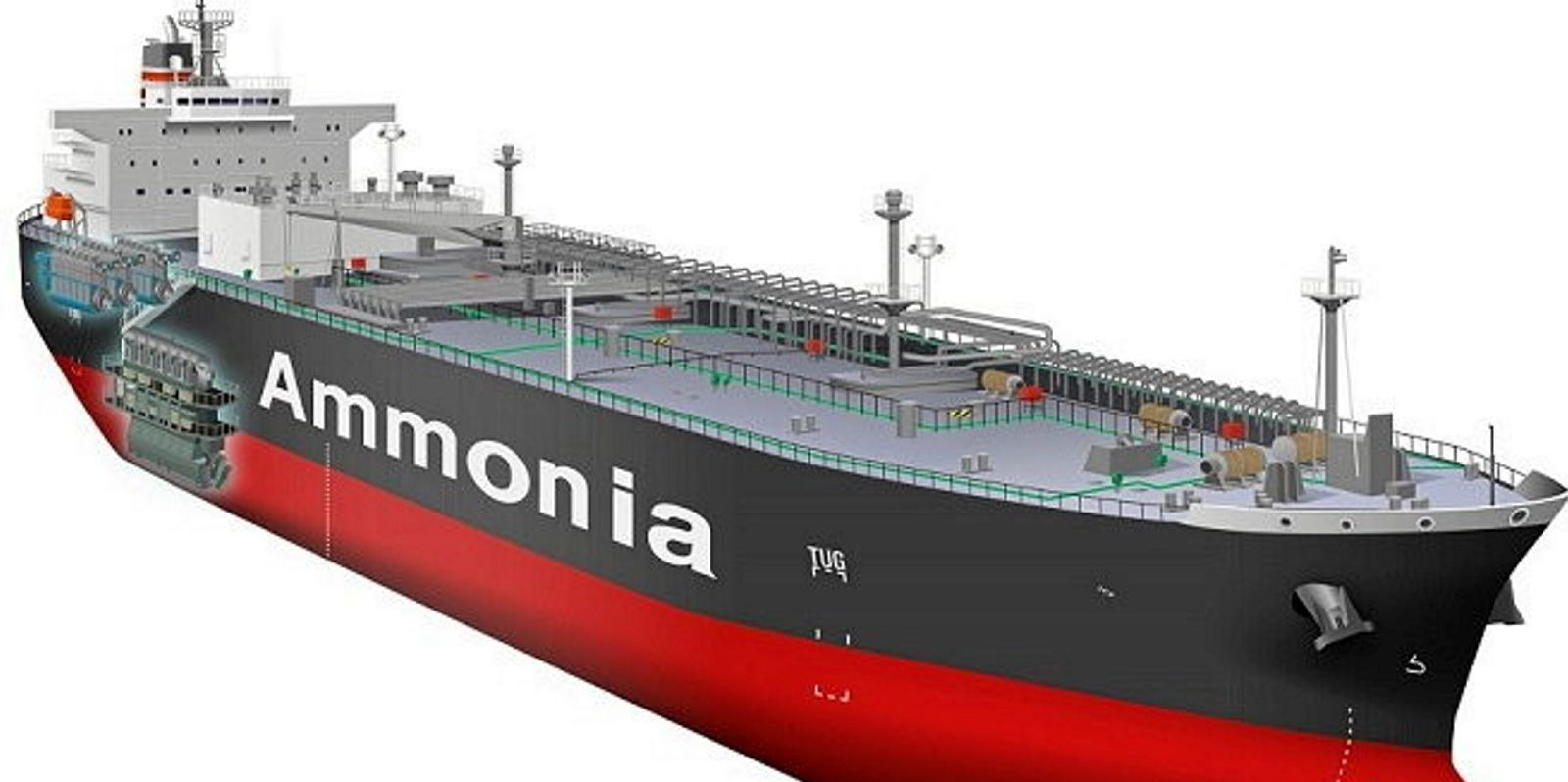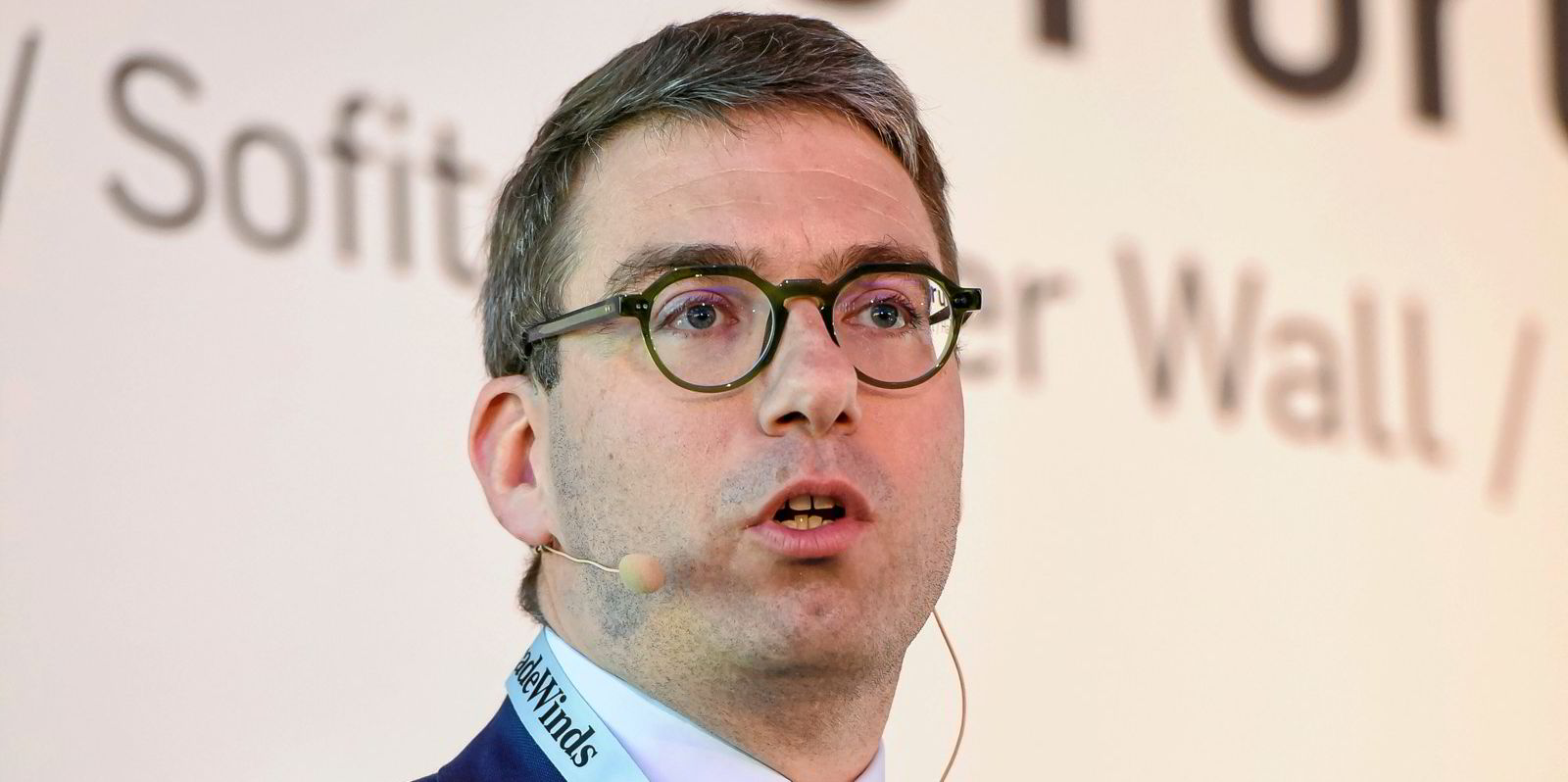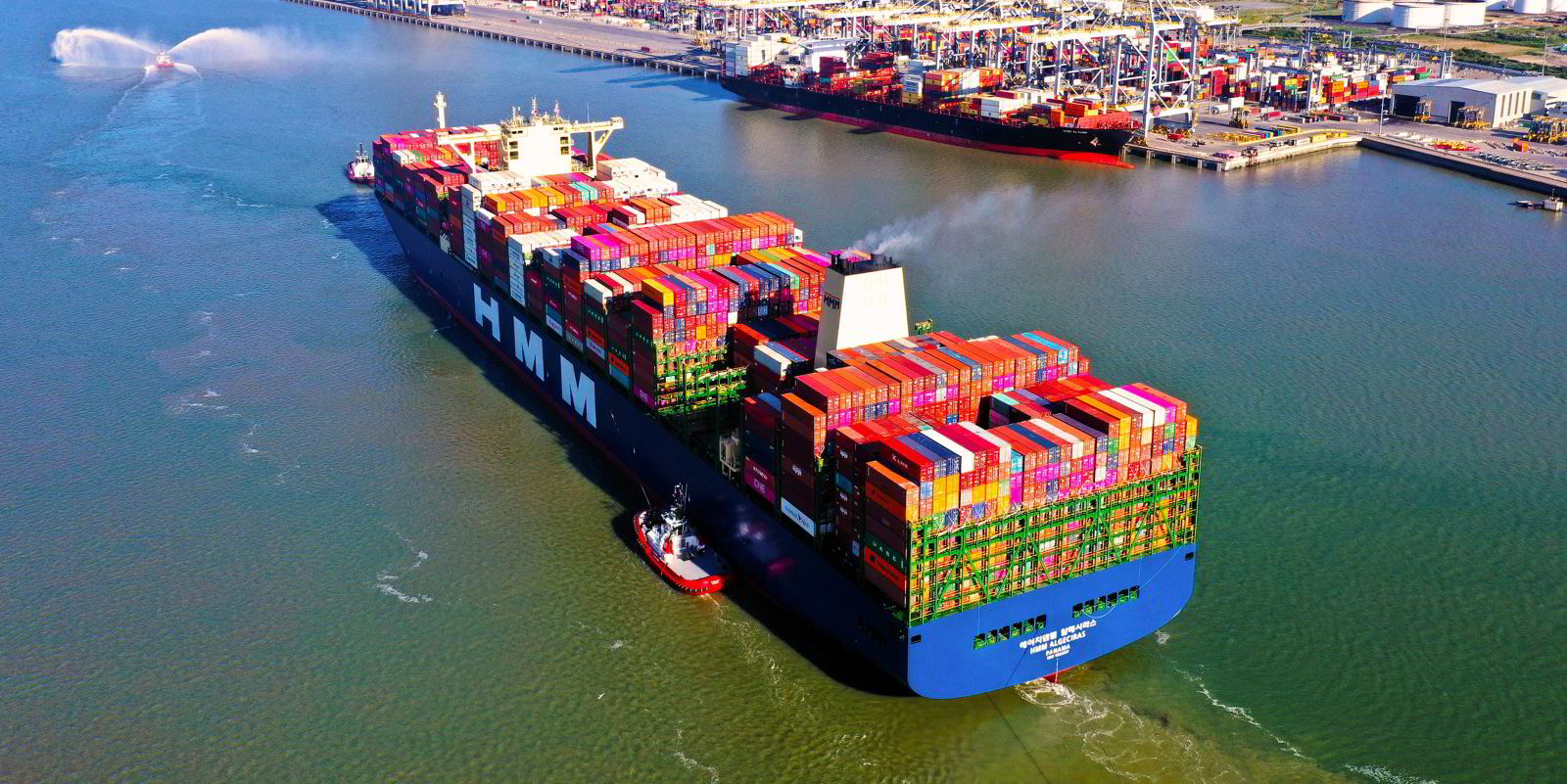A regional approach to regulating the decarbonisation of shipping would be more effective than the “miserable” attempts of the International Maritime Organization (IMO), environmental analysts claim.
Regulating ships calling at ports in Europe, China and the US, which amounts to about 84% of shipping traffic, could bypass the “ineffective” IMO and decarbonise the lion’s share of the industry, said Transport & Environment (T&E).
The Brussels-based lobby group called in a briefing paper on the three economic blocs to agree measures to reduce maritime emissions including carbon markets, pollution taxes, energy efficiency targets and zero-emission fuel standards to create a de facto global regulatory regime.
Sustainable shipping officer at T&E, Jacob Armstrong said: “Efforts to decarbonise shipping at the IMO have so far been miserable. The need for consensus at the global level has brought us nowhere.
“But there is a much easier way to do it. With the vast majority of ships passing through Europe, China and the US, these leading economies can unilaterally regulate emissions without relying on the ineffective IMO,” he said.
Rising shipping emissions over the past decades stand in clear contrast to successful policy action to reduce greenhouse gas emissions in other sectors, T&E added, and while China, Europe and the US only account for 40% of shipping emissions, the vast majority of ships call at one of their ports.
Globally, shipping is responsible for over 1bn tonnes of CO2 emissions per year, amounting to about 3% of the global total, and according to the IMO its emissions are predicted to increase by up to 50% by mid-century unless stringent measures are implemented.
But the IMO is only seeking to reduce emissions by 50% in 2050 compared to 2008, and has not yet put in place binding measures to achieve this target. Recent analysis suggests even zero emissions by 2050 may not be sufficient to prevent global warming above 1.5C.
European Union proposals to include shipping in its carbon market and cut the greenhouse gas intensity of marine fuels through the FuelEU Maritime law have brought the issue of regional shipping measures to the fore, T&E said in the paper: Less is more: regional shipping policy and global decarbonisation.
T&E analysed AIS data provided by ExactEarth and ship characteristics from the IHS Markit database for voyages over the course of 2019 taken by 97% of ships above 5,000 gt — some 29,928 vessels.
Looking at countries’ share of emissions per voyage, it found EU nations to be responsible for 14.4% of emissions, China for 15.1% and the US with 7.8% while Singapore was fourth on 7.19% due to its role as a bunkering hub. Others in the top ten were Japan with 5.2%, Australia 4.3%, Brazil 3.9%, India 2.8%, South Korea 2.5% and Indonesia 2.0%.
But T&E said looking instead at where the global shipping fleet made port calls could provide a better representation of the impact of regional policy and reduce the burden on developing countries.
It said this shows a total of 80% of global fleet calls are in either China or the EU while 53% of the fleet calls either in the EU or the US and 67% call in the US or China.
Overall 75% of the fleet calls in what it described as the five biggest Global North shipping blocs: the EU, US, Japan, South Korea and Australia and the figure rose to 84% for Europe, the US or China.
T&E noted that a zero-emission mandate in these countries might not immediately decarbonise 84% of the fleet, citing the European Commission’s proposal to regulate 50% of emissions from international voyages.
But the organisation said that if the UK, China and the US were to “replicate this approach, a significant amount of emissions would be addressed”.
It added that mandating zero-emission shipping on this geographical scope would lead to significant knock-on effects.
“Not only would technical improvements on ships lead to emissions reduction throughout the world, but zero-emission technology and fuels would also receive massive investments, reducing their costs,” T&E said.
The UNFCCC, the body responsible for the Paris climate agreement and COP meetings, could have a coordinating role in such measures, T&E said, while the IMO would still play a role in the uptake of green technologies and fuels once it reached a critical mass of more than 60%.






